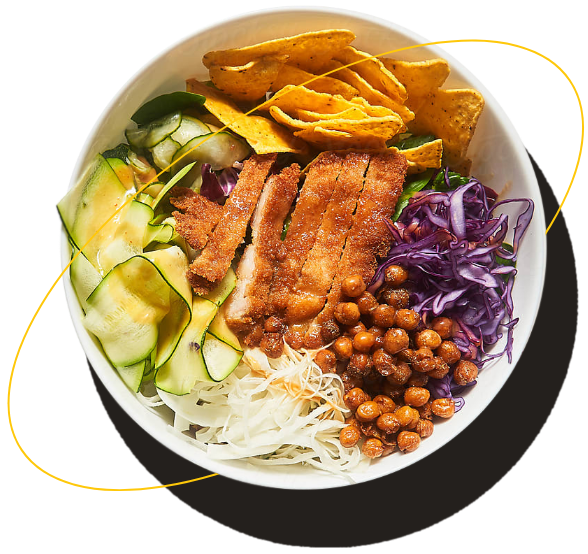Meat’s connections to global food security and food safety goals
2023 June 23
As the world celebrated World Environment Day (June 5) and World Food Safety Day (June 7) this month, it’s worth considering meat’s critical role in our most fundamental food goals – producing enough safe food to nourish everyone today and for generations to come.
As I’ve shared, the Meat Institute and our Protein PACT partners are taking ambitious, data-based approaches to achieving and verifying our environmental stewardship goals. Recognizing that all companies are at different stages of their sustainability journeys and have different contexts, the Meat Institute has set a goal to facilitate best practices in emissions measurement and reduction across all our members. We have a target that 100%of Meat Institute members will deliver emissions reduction targets approved by the Science-Based Targets Initiative (SBTI) by 2030, helping to reduce emissions in line with the Paris climate agreement goals.
We know that achieving environmental sustainability includes but does not stop with reducing greenhouse gas emissions. Our sustainability framework includes dozens of other indicators – measuring commitment and action, for example, to responsibly manage water, energy, and waste.
To mention just a few examples of our members and sponsors’ actions in this space:
● Cargill has pledgedto restore 600 billion liters of water and reduce 5 million kg of pollutants in priority watersheds by 2030.
● Smithfield aims to reducegreenhouse gas (GHG) emissions by 30% by 2030, among a bevy of other goals.
● Hormel Foods has reducedGHG emissions by more than 21,000 metric tons, reduced water use by 42 million gallons, and reduced product packaging by 727,000 pounds.
● Protein PACT sponsor Corbion is committed to cutting CO2 emissions related to energy, key raw materials and transport by 33% per ton of product by 2030, and has already achieved over one third of that reduction.
● And just this month Sigma, had its target approvedby the Science Based Targets Initiative
Sustainable food security cannot be achieved without food safety as a top priority. That’s why we aim to make safe food, every time, with no exceptions. This commitment to food safety is not a target; it’s our culture.
To measure food safety commitment and action across Meat Institute members, we collect data on third-party food safety validations, implementation of multidisciplinary food safety teams and programs, incident response and corrective actions, participation in industry best practices, and more.
Today, 98% of Meat Institute member establishments that are reporting data, have a multidisciplinary food safety team, and 99% of establishments are covered by a company commitment to embed food company culture.
We’re proud of these achievements and eager to share the ongoing work to continuously improve our sector’s contributions. This month, the Protein PACT helped sponsor the Economist’s Sustainability Week in Washington, DC where I had the pleasure of joining a panel on building a sustainable supply chain in the food industry, along with Irving Fain (CEO & Founder at Bowery), Anu Rao(Senior VP of communications, sustainability and responsibility, Pernod Ricard North America), and Lori Captain, MBA(Executive VP Sustainability, Science and Industry Relations at Dairy Management Inc).
We believe any conversation about the future of food must include the animal agriculture sector, since we make nutrient-dense food relied on by 98% of households in the United States alone. I want to thank the Economist for hosting the incredibly impactful event and convening such an engaged audience of changemakers.
Next month, we’re looking forward to engaging another key audience – retail dietitians who play a key role in both consumer communication and in grocery retailers’ thinking about what their shoppers need and want. Thanks to Shopping for Health for hosting that great opportunity.
We’ll also be contributing to sustainable livestock conversations through the UN Food Systems Stocktaking Moment July 24-26 in Rome. As the FAO recently concluded, “Meat, eggs and milk offer crucial sources of much-needed nutrients which cannot easily be obtained from plant-based foods.” It’s clear that food systems cannot provide the food people need to thrive, sustainably, without the solutions made possible through animal-source food production and consumption.
I’ll look forward to sharing more about these engagements and other Protein PACT activities next month.
Read the article on LinkedIn.

